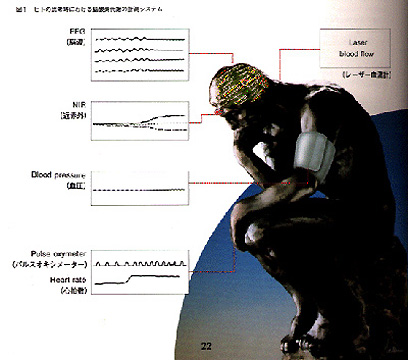| 2. Subdivision and Integration in Medical Studies The original mission of “clinicalmedicine” was to diagnose and treat the diseases of ailing patients at theirbedside. With thedevelopment of modern medicine, disorders have been subdivided by internalorgan or system, and the medicine for each internal organ has been furthermicro subdivided into the cell and even the genetic levels, in a remarkabledevelopment. At the edge of state-of-the-art life sciences, which pursues thephenomena of life, the lives that are manipulated are lives in test tubes. Advancedmedicine has greatly contributed to treating and saving the lives of patients withacute conditions. The survival ratio of acute-stage patients has dramaticallyimproved and with it, Japan’s average life expectancy has improved at thefastest rate in human history. Today, Japan is the country with the longestlife expectancy on the globe. However, this dramatically extended lifeexpectancy and super aging have inevitably led to an increase in frail elderlyor elderly requiring care, and geriatric medicine now faces the challenge ofhow to respond medically to senior citizens living in their respectivecommunities, who suffer from chronic organ failure in multiple systems. Takinga hard look at such reality, there have long been calls for a comprehensive andholistic medicine, but it is not easy to practice integrative medical carewithin a hospital system organized into organ-specialized department. As aresult of today’s highly subdivided and specialized medicine, doctors in factare left with no choice but to focus their attention on the pathology of theorgan of their expertise, and have no elbowroom to consider other problems. Howdo the patients live? What kind of friends and families do they have? What dothey eat? And what are the problems they confront in their daily life? Thesequestions are indeed difficult for medical services to see at big hospitals. Thebasic stance of field medicine – going out from the hospital into thecommunity where patients live – is an attempt to achieve medicalintegration rather than segmentation.
MATSUBAYASHI Kozo |
